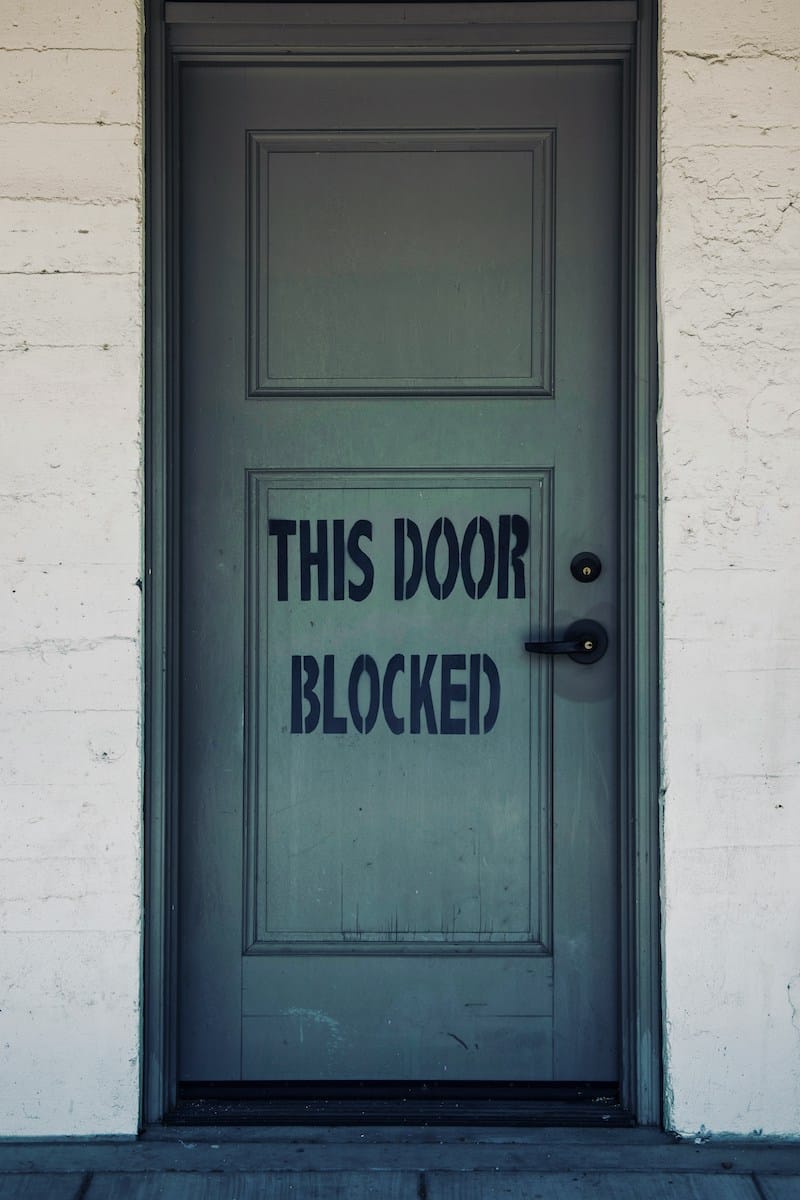Saying no is often perceived as negative, confrontational, or even selfish. However, the ability to say no is a crucial skill that can significantly improve our personal and professional lives. As Bob Bly points out, the penalties for not saying no can be severe, leading to stress, fatigue, missed deadlines, and a loss of control over one’s time and priorities.
The Power of No
Saying no is fundamentally about setting boundaries and prioritizing what’s truly important. When we say yes to everything, we dilute our focus and energy, often at the expense of our own goals and well-being. The magic of saying no lies in its ability to:
- Preserve Time and Energy: By saying no to non-essential commitments, we free up time and energy for what truly matters.
- Reduce Stress: Overcommitment is a major source of stress. Saying no helps maintain a manageable workload.
- Increase Productivity: Focusing on fewer, more important tasks often leads to higher quality work and increased productivity.
- Enhance Self-Respect: Setting boundaries demonstrates self-respect and teaches others to respect our time and priorities.
- Improve Relationships: Clear boundaries can lead to healthier, more honest relationships, both personally and professionally.
The Hidden Benefits of Saying No
As Bly illustrates with his example of turning down potential clients during busy periods, saying no can have unexpected positive outcomes:
- Increased Perceived Value: Turning down work can create the impression of being in high demand, enhancing your professional reputation.
- Respect from Others: People often respect those who can clearly articulate their boundaries and stick to them.
- Better Opportunities: By saying no to less suitable opportunities, you remain available for better ones that align more closely with your goals.
- Improved Work Quality: By not overextending yourself, you can maintain a high standard of work for the commitments you do take on.
- Enhanced Negotiating Power: Demonstrating that you’re willing to walk away can strengthen your position in negotiations.
Strategies for Saying No Effectively
While recognizing the importance of saying no is crucial, doing so gracefully and effectively is an art. Here are some strategies:
- Be Clear and Direct: Avoid ambiguity. A clear “no” is often kinder than a vague “maybe” that leads to false hope.
- Explain Briefly, But Don’t Over-Explain: Provide a concise reason for your refusal, but avoid lengthy justifications that might invite arguments.
- Offer Alternatives When Possible: If appropriate, suggest other options or resources that might help the person making the request.
- Use “I” Statements: Frame your refusal in terms of your own limitations or priorities, rather than criticizing the request itself.
- Be Firm But Polite: Maintain a respectful tone while being clear about your position.
- Practice: Like any skill, saying no gets easier with practice. Start with smaller, less consequential situations to build confidence.
Overcoming the Fear of Saying No
Many people struggle with saying no due to various fears:
- Fear of Disappointing Others: Remember that you’re not responsible for others’ reactions to your boundaries.
- Fear of Missing Out: Trust that by saying no to less important things, you’re saying yes to what truly matters.
- Fear of Conflict: Realize that clear boundaries often prevent more significant conflicts down the line.
- Fear of Lost Opportunities: Understand that saying yes to everything can lead to burnout, ultimately resulting in fewer opportunities.
The Impact on Professional Life
In a professional context, the ability to say no can be particularly powerful:
- Time Management: It allows you to focus on high-priority tasks and projects.
- Quality of Work: By not overcommitting, you can maintain a high standard in your work.
- Professional Boundaries: It helps establish clear professional boundaries with colleagues and clients.
- Career Direction: Saying no to projects that don’t align with your career goals keeps you on track.
- Work-Life Balance: It helps prevent work from encroaching on personal time.
The Ripple Effect of Saying No
When you start saying no effectively, you may notice a positive ripple effect in various areas of your life:
- Increased Respect: People often have more respect for those who can articulate and maintain clear boundaries.
- More Meaningful Yeses: When you do say yes, it carries more weight and commitment.
- Improved Self-Knowledge: The process of deciding what to say no to helps clarify your own priorities and values.
- Enhanced Decision-Making Skills: Regular practice in saying no hones your ability to make quick, confident decisions.
- Greater Life Satisfaction: By aligning your actions with your priorities, you’re likely to feel more fulfilled and satisfied.
Conclusion
The magic of saying no lies in its power to transform our lives by aligning our actions with our true priorities. It’s not about being negative or uncooperative; rather, it’s about being intentional with our time, energy, and commitments. By mastering the art of saying no, we open ourselves up to saying yes to what truly matters.
As we navigate through personal and professional spheres, the ability to say no becomes a crucial tool for maintaining balance, achieving goals, and fostering healthy relationships. It allows us to set the pace and direction of our lives, rather than being swept along by the demands and expectations of others.
Remember, every time you say no to something that doesn’t align with your priorities, you’re saying yes to something that does. This shift in perspective can be liberating, empowering you to take control of your life and shape it according to your values and aspirations.
In essence, the magic of saying no is not just about refusal; it’s about affirmation. It’s about affirming your worth, your priorities, and your right to shape your life. By embracing this magic, you open the door to a more focused, fulfilling, and authentic way of living.










